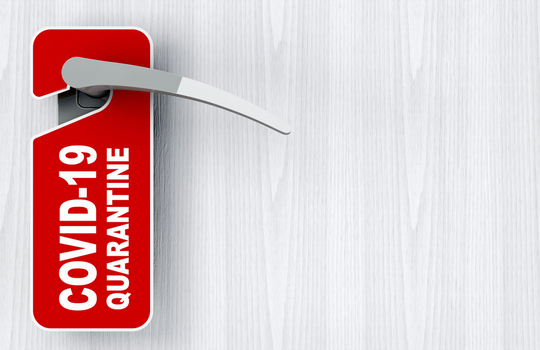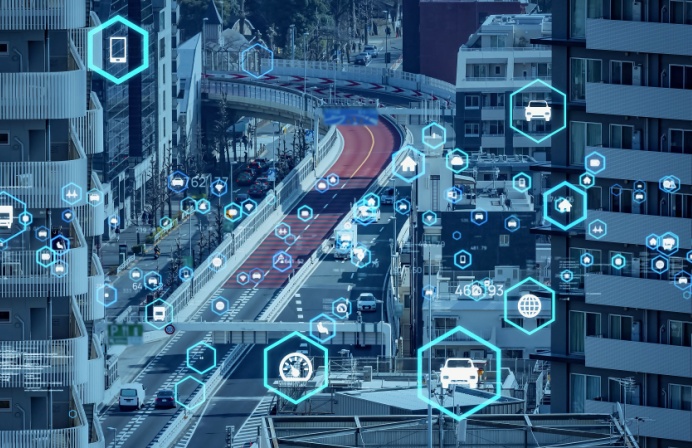
The South Australian Government will conduct a home quarantine trial with residents returning from interstate, developing a new app with in-built geo-tracking and live facial recognition technologies to remotely monitor compliance with the state’s health directives.
The pilot will recruit 50 residents undertaking their mandatory two-week quarantine at home, utilising the state’s newly developed Home Quarantine SA app.
Co-developed by the Department of Premier and Cabinet’s (DPC) digital technology team, alongside SA Health, the app intends to ease the state government’s burden of supervising quarantined travellers.
If the pilot is successful, SA travellers can choose to isolate themselves at home (or another residence of their choosing) as a cheaper and more convenient alternative to medi-hotel quarantine.
Trial participants, once deemed eligible, will be given a personalised admission code granting them access to the app, letting them initiate the home quarantine process.
Using the new app, residents can access health and wellbeing resources, view their Covid-19 quarantine and testing schedules, and receive updates or timely notifications.
Home Quarantine SA also allows residents to complete daily symptom checks, as well as randomised location check-ins to assure authorities they have not left their registered quarantine addresses.
The location check-ins happen several times a day at random intervals; residents will have 15 minutes to respond each time, using geolocation and facial recognition capabilities enabled by the app.
If a resident misses their check-in, they will receive a follow-up phone call from the Home Quarantine SA team. If the phone call is also missed, a compliance offer may attempt to visit the resident at their approved address.
“We know the critical role quarantine plays in reducing the risk of Covid outbreaks stemming from travellers returning to our state, and we are steadfast in ensuring this layer of protection is upheld,” South Australia Premier Steven Marshall said.
He added that the new Home Quarantine SA app has “stringent security features” ensuring participation information is securely kept throughout the duration of the quarantine period.
Indeed, the app’s privacy statement assures users that it collects the “minimum amount of personally identifiable information” (geolocation data, personal information and use of the device’s camera), in compliance with the SA Government’s Information Privacy Principles.
The statement also said that data is encrypted “immediately upon submission” and then moved to a server located within the SA Government’s control.
Data gathered by the app will be “destroyed at the conclusion of the Covid-19 pandemic,” the Government said, unless it is required to enforce a breach of emergency laws.
“We will ensure personal information is stored securely, not kept longer than necessary, and disposed of appropriately,” the privacy statement read.
Home Quarantine SA reportedly took two and a half months to build from scratch.
Perth-based software firm GenVis was initially awarded a $1.1 million contract for the home quarantine application’s build in November 2020.
However, in February SA health minister Stephen Wade noted in Parliament that the development proposal with the company “had not been successful” and that the working relationship had ended.
GenVis worked on Western Australia’s G2G app (an initiative for the state Police Force), which similarly uses facial recognition and geolocation technology to verify a person’s whereabouts.
With SA’s home quarantine app trial underway, the state’s DPC’s technology team is now working to integrate vaccine passports into the mySAGOV app.





